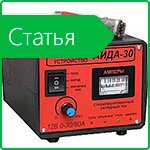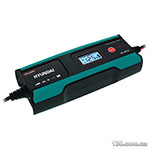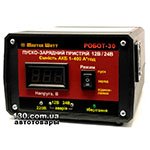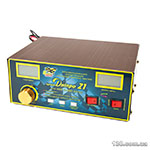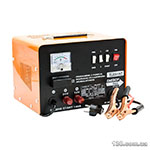How to restore a car battery, desulfation methods
The life of any car battery depends on different factors: the quality of performance, operating conditions and proper and timely charging. But sometimes, even with all the necessary requirements for continuous operation device, the battery suddenly sharply loses capacity and can not provide a stable operation. The reason for this can be sulfation, let's look at what this phenomenon and how to deal with it.
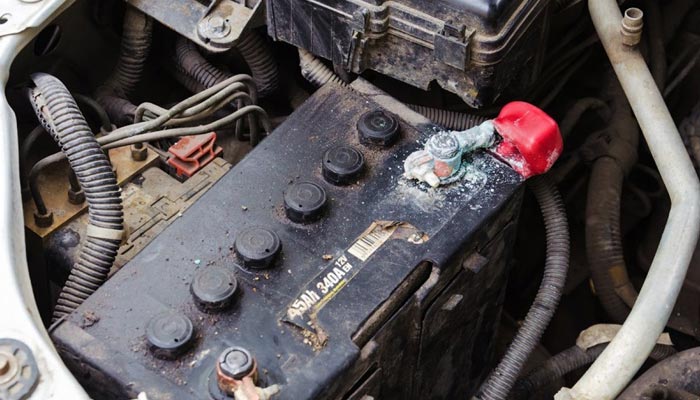
What is the sulfation and its main features
Sulfation plates – one of the internal processes that can lead battery failure. It is that chemical reactions in the battery during operation lead to the formation of lead sulfate — white coating on the surface of the lead plates. Active crystal growth occurs in conditions of deep discharge, so it is not recommended for a long time to store dead batteries, it can lead to complete failure.
If the battery is serviced, the presence of sulfate on the plates is easy to determine visually. Unscrew the cap and take a look at what's inside. If on the electrodes have a white coating, so that the power supply is necessary to desulfatation
.Another sign of sulfation is quick charge and quick discharge of the battery. For example, you've just hooked up to a battery charger, and an electrolyte began to boil within a few minutes.
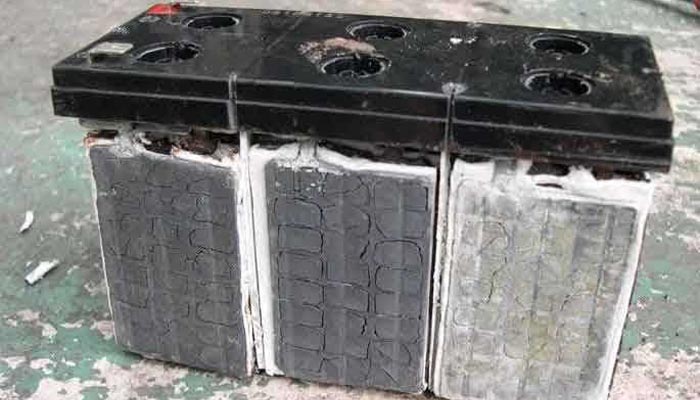
In addition, to the conclusion that the battery inside is an active process of sulfation can be on the basis of two attributes:
- The increase of internal resistance. This rate increases with increasing sulphate crystals on the surface of the lead plates.
- A sharp drop in capacity, which will be reduced in proportion to how much sulfate is formed inside the battery, as it does not conduct and prevent its return.
Methods desulfation car battery
The process involves the desulfation event, allowing the particles to dissolve the sulphates of lead, this will be several repeated charge-discharge cycles. Only it is necessary to take into account that the possibility of restoring the capacity of the factory values is not always possible, a lot depends on the degree of neglect and condition of the particular power source. The most difficult to return to the operating status of the battery, that long kept completely discharged. Typically, these batteries have a very large growths, characterized by a high resistance, they are difficult to dissolve.
It is recommended to use the special battery charger for car battery with a desulphation regime, they have a built-in control and training cycles « charge-discharge » ;. If this is not at hand, you can try to use the standard device with the ability to manually adjust the strength of the charging current and voltage. Only in this way will always have to independently control the process and change the rate of charging current. Let us consider the features of both.
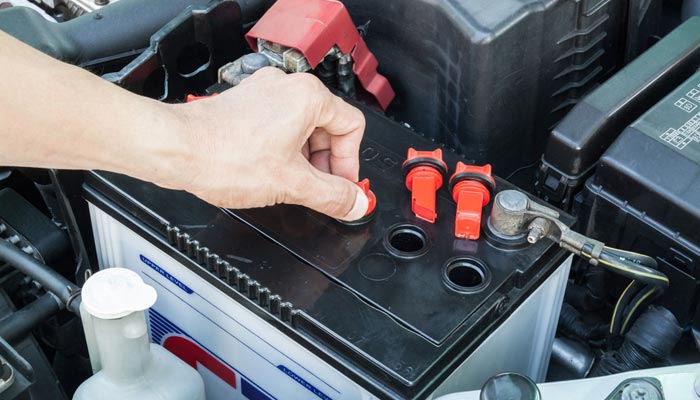
The method №1. Using the charger with desulfation mode
The starting value of the charging current and voltage in this case the user to set, as a rule, is not required. All settings device produces its own, since most of these devices are able to diagnose and adjust the operating parameters automatically for each individual car battery.
The algorithm of such devices involves some buildup, i.e., first pulse current charging is conducted with a minimum level (0 to, A), followed by a rise to 2-3 A. Then, the battery is discharged to 10,8 B, and this cycle is repeated again. Note that calcium sources of supply can not be discharged to below 12 As, this can lead to their failure
.Some modern devices have a slightly different algorithm works without a discharge stage. They have adaptive algorithm amperage settings and applied to the battery duration of the current pulses and pauses therebetween. By changing these three values, is capable to dissolve the crystals of large plaque even without forced discharge of the battery.
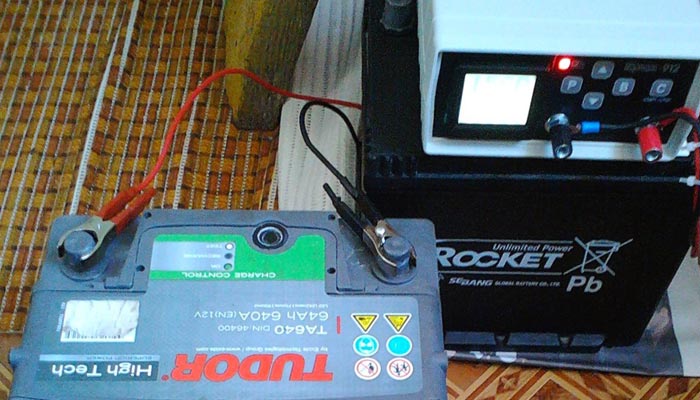
Method №2. Using a simple memory with a current regulator and a voltage
The network now you can find a huge number of options for a variety of home-made schemes desulfatiruyuschih devices. We will focus on the option when using conventional charger with the ability to adjust the current and voltage with small additions in the form of a conventional automotive lamp output is selected on the basis of 10-hour discharge the battery a certain capacity, which allows efficient desulfatation.
The principle of the implementation of this method is similar to the operation of automatic devices with built-desulfation mode. The procedure should be as follows:
- If the battery is not enough electrolyte, its level with distilled water, bring to the optimum value.
- Put the battery to charge for 8 hours. Thus to expose the maximum current memory value &ndash charging; 1 A. The operating voltage must be at a level of 13,9-14,4 In .
- Soak a pause in the day.
- Connect to the battery through the lamp relay turns to defuse it until the voltage drops to 10,8V.
- Once again, perform a charging cycle. In this case, the current strength set at 2A. As soon as the voltage across the battery drops to 12.7 V the charger should be turned off.
- Once again sustain a pause in the day.
- Using lamp again to discharge the battery 10,8 In .
- Charge current car battery 2 A .
- If necessary, these cycles should be repeated several times until the full restoration of the power supply.
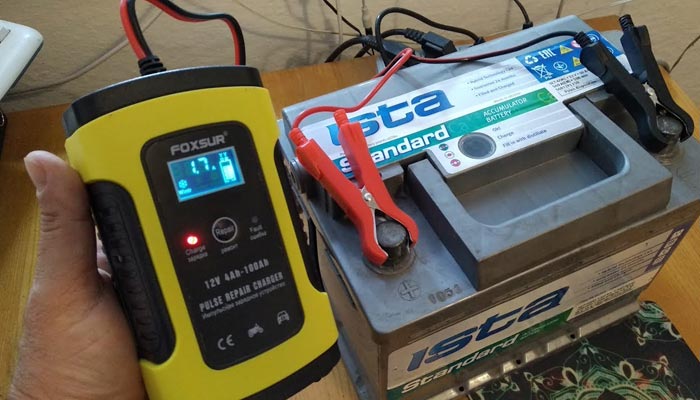
The number of repetitions depends on the actual condition of the battery and the specific degree zasulfatirovaniya. On average, recovery usually requires 2-3 approach. However, in very advanced cases even 10 cycles is not enough, in this case, most likely, the battery is already beyond repair. Then you have to replace the battery with a new starter.
In the online store you can 130.com.ua buy automatic charger for car battery with desulfation mode or a new battery.
Related materials

Stay tuned for updates!
Subscribe to our Telegram channel and be the first to receive useful materials.
Subscribe



















